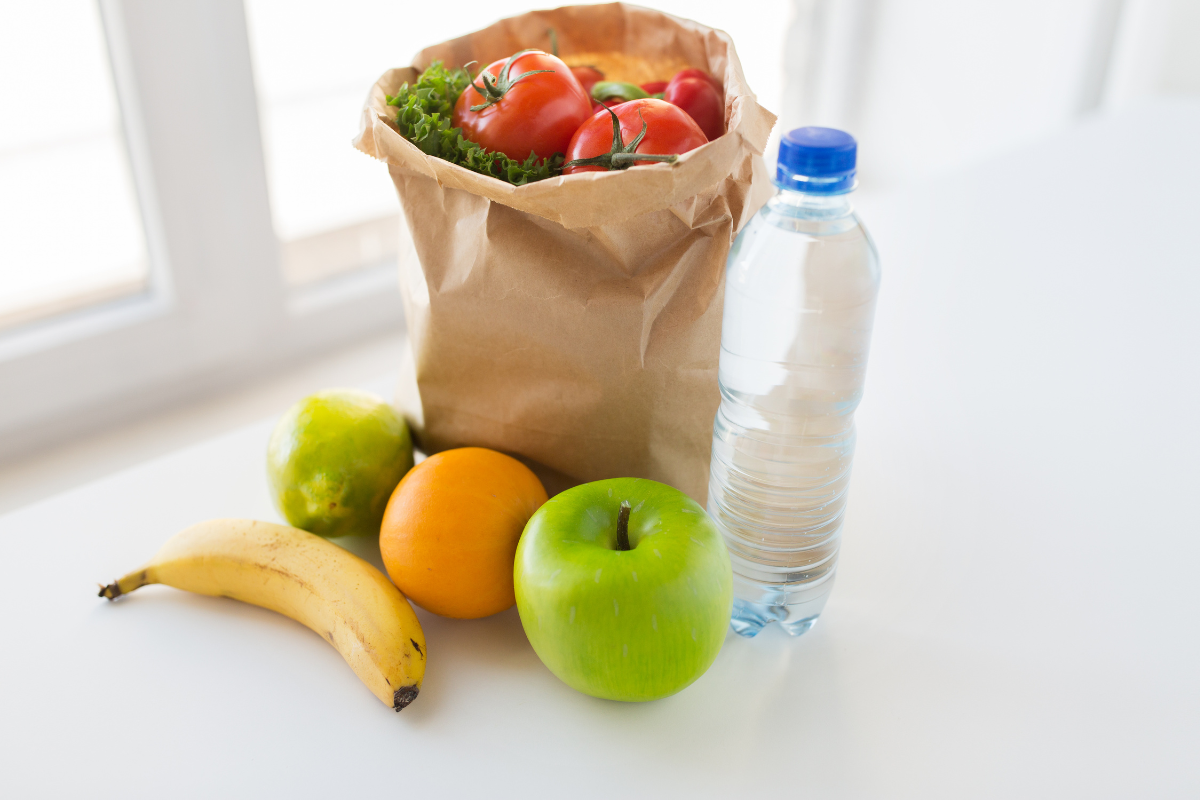
With the upcoming changing of the seasons, we will soon see a major change in the weather. With that change, colds and the flu will be running rampant. Even though it might be harder to tackle workouts in the colder months, exercise and incorporating nutrient-dense foods into meals are critical to support your immune system and overall wellness. Try using these simple tips and tricks to help you stay active and healthy throughout the fall and winter.
- Wash your water bottle – Do you leave your water bottle in your gym bag or leave your water bottle at work all week? It sounds so simple, yet many are not washing their water bottle daily. Salvia can be backwashed into bottles and become the perfect breeding ground for bacteria to grow, which can potentially make you ill. The good news is that there is an easy fix! Just wash your water bottle each day with soap and water.
- Hydration – Speaking of cleaning water bottles, be sure to drink plenty of water throughout the day. You can try adding different herbs and produce to make water exciting if you are not a fan of plain water. Try these flavored ice cubes to enhance your water with fruits, veggies, and herbs.
- Be kind to yourself and your neighbor – Wipe down the exercise machines and weights before and after you use them, to remove germs. It’s also ok to miss a workout or two if you are sick. Let your body rest but if you really want to move your body, try a short workout at home or take a walk around the neighborhood.
- Eat a variety of foods – Having a balanced diet has many benefits including weight management and boosting the immune system. Foods that are rich in beta carotene, vitamin C, vitamin D, zinc, and probiotics have been found to support the immune system. Try to include all the food groups into your meal plan to give your body a balance of nutrients to support the body. Examples of foods that have these nutrients can be found in the table below.
| Nutrients | Foods |
| Beta-Carotene | Sweet potatoes, spinach, mangoes, broccoli, carrots, and tomatoes |
| Vitamin C | Citrus, bell peppers, berries, tomatoes, and broccoli |
| Vitamin D | Fatty fish and eggs |
| Zinc | Beef, seafood, beans, nuts, and tofu |
| Probiotics | Fermented foods like yogurt and kimchi |
| Prebiotics* | Fruits, veggies, and whole grains such as bananas, onions, garlic, leeks, asparagus, artichokes, beans, and oatmeal. |
* Prebiotics act like a food source to the probiotics. In other words, prebiotics support the probiotics to grow in the gut.
Written by BWS Dietitian-Melissa Morningstar Vajas RD, LD
Continue reading September 2022 Newsletter: Facts on Antibiotics
